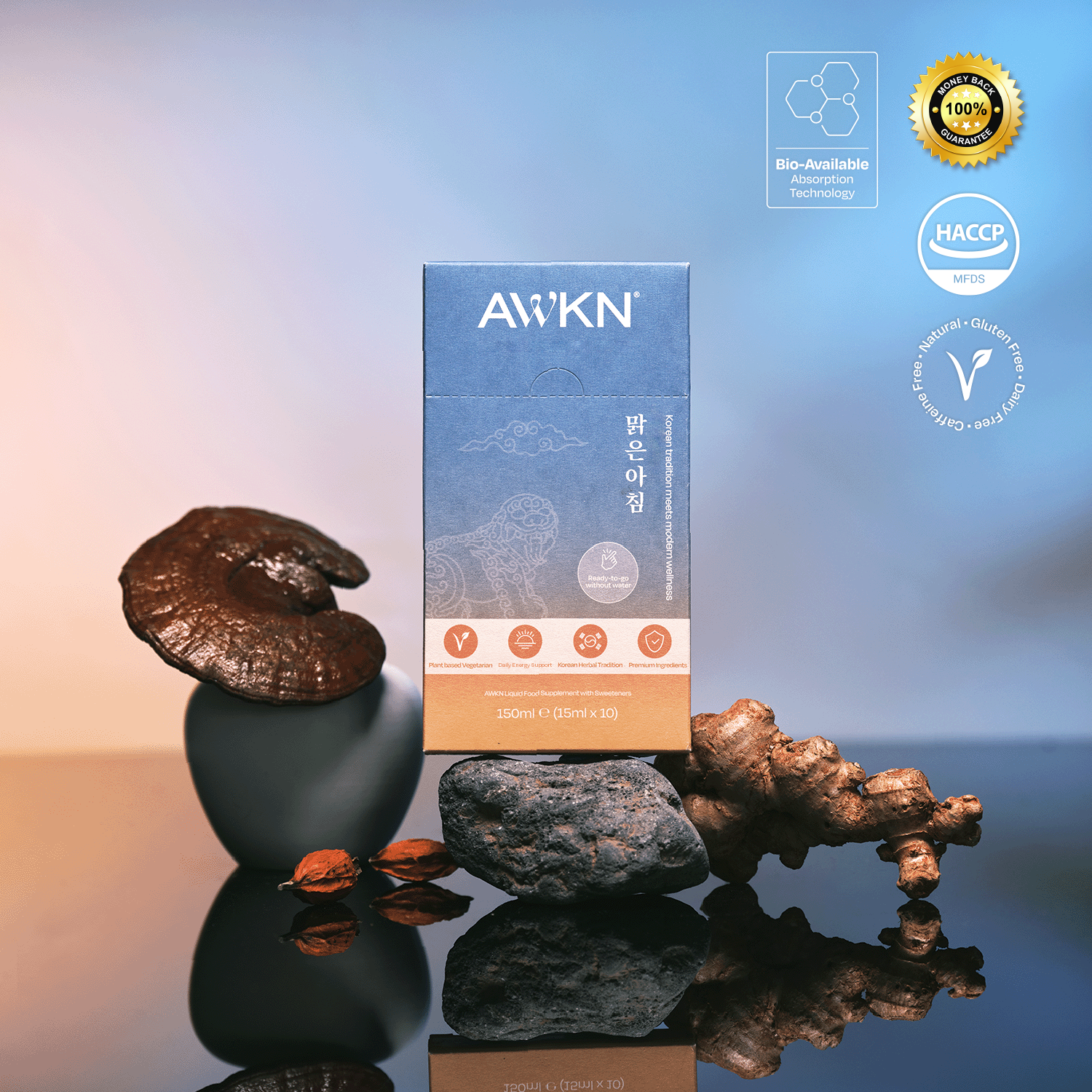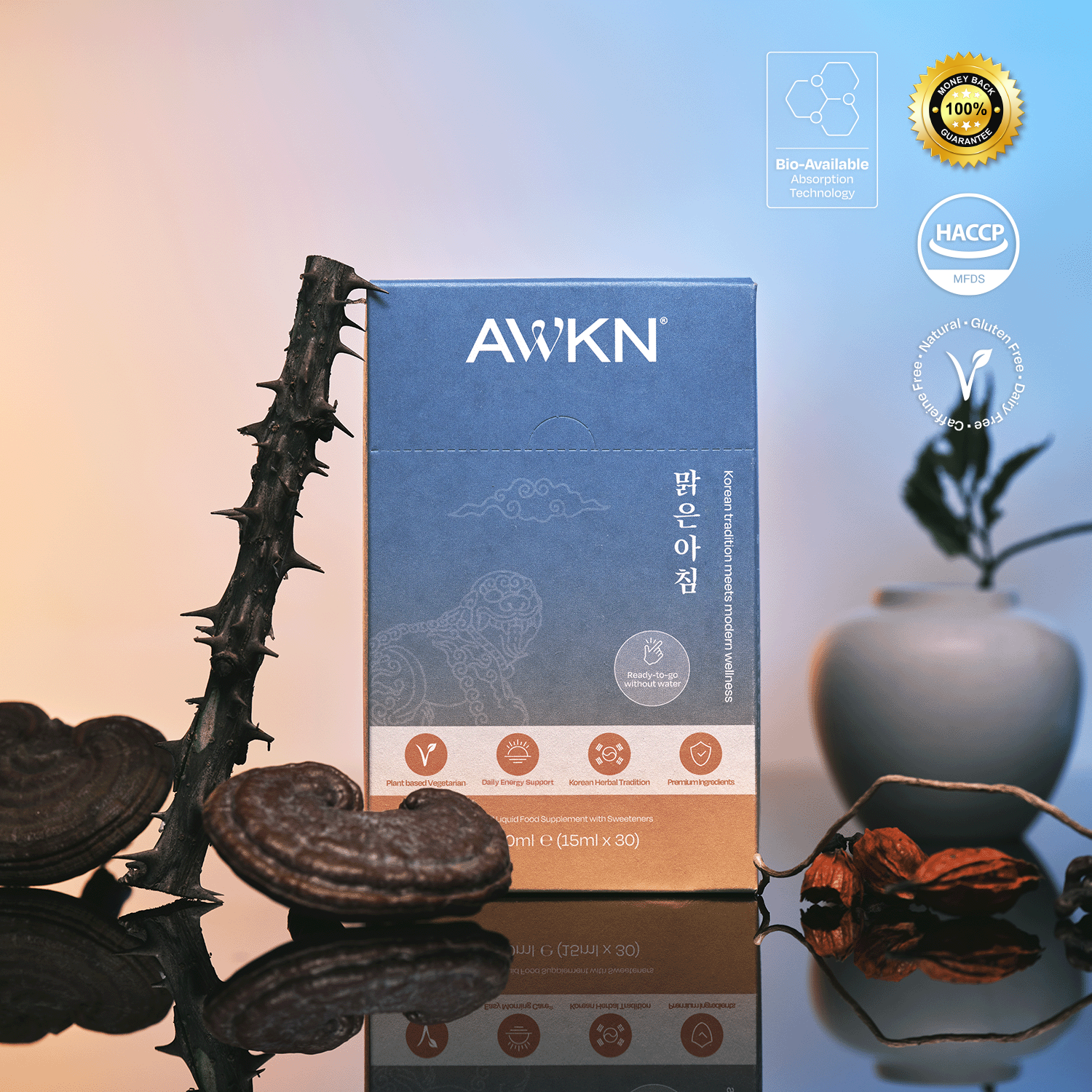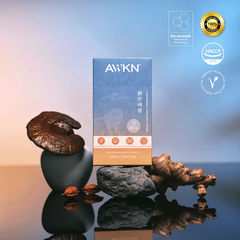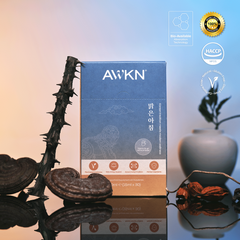Debunking the Hydration Myth: What Science Reveals About Alcohol Recovery
Ever woken up after a night out, head throbbing, feeling like you've been hit by a truck—despite faithfully chugging water between drinks? Your "hydration strategy" might be the biggest wellness myth you've fallen for.
This growing awareness has sparked interest in hangover recovery shots that go beyond hydration, offering targeted nutrients to support the body’s full recovery process
The truth? That glass of water before bed is about as effective as bringing a water gun to a forest fire. The real biological firestorm unleashed by those cocktails is something scientists have understood for years—but somehow, this knowledge hasn't filtered down to our collective drinking wisdom.
What if everything you thought you knew about "recovering" from alcohol was dramatically incomplete? Prepare to have your mind blown by the complex science your body navigates while you're busy planning which brunch spot serves the best Bloody Mary.
The Hydration Hype: Necessary But Not Sufficient
Let's start with the kernel of truth: alcohol is indeed dehydrating. As a diuretic, it increases urine production by inhibiting vasopressin, an antidiuretic hormone that helps your kidneys reabsorb water. For every alcoholic drink consumed, you can lose up to four times that amount in fluids.
But here's where the oversimplification begins. While staying hydrated during and after drinking can alleviate some symptoms, it does nothing to address the complex biochemical storm brewing inside your body as it processes ethanol.
Dr. Robert Swift, a researcher at Providence Veterans Affairs Medical Center, puts it plainly: "Hydration is only a small piece of the puzzle. The hangover experience is multifactorial and involves inflammation, immune system activation, and mini-withdrawal from alcohol itself."
This multifaceted nature of alcohol recovery is why many wellness-focused individuals are turning to more comprehensive approaches. Traditional wisdom from various cultures, particularly East Asian traditions, has long recognized that multiple systems need support after alcohol consumption—not just hydration levels.
The Metabolic Aftermath: What's Really Happening Inside
When alcohol enters your bloodstream, your body treats it as a toxin and prioritizes breaking it down above nearly all other metabolic processes. This happens primarily in your liver through a multi-stage process that creates several problematic byproducts.
First, an enzyme called alcohol dehydrogenase (ADH) converts ethanol to acetaldehyde—a compound far more toxic than alcohol itself. Acetaldehyde damages cellular proteins and DNA, triggers inflammation, and causes blood vessels to dilate, contributing to throbbing headaches.
Next, another enzyme called aldehyde dehydrogenase (ALDH) converts acetaldehyde to acetate, which is then broken down into water and carbon dioxide. However, this process takes time—and while it's happening, those toxic intermediaries are circulating through your system, causing oxidative stress and cellular damage.
"Water doesn't neutralize acetaldehyde," explains Dr. Dena Davidson, former associate professor of psychiatry at Indiana University School of Medicine. "Only time and your liver's enzymatic processes can detoxify these compounds."
This is why ingredients that support liver function and detoxification pathways—like milk thistle and N-acetyl cysteine (NAC)—are gaining scientific attention. Research from Istanbul Medipol University suggests that silymarin (the active compound in milk thistle) may help protect liver cells from alcohol-induced damage, while NAC has been studied for its role in replenishing glutathione, the body's master antioxidant that becomes depleted during alcohol metabolism.
Supporting these detox pathways with Korean hangover recovery shots containing ingredients like milk thistle and Korean pear can help your body process alcohol more efficiently.
The Inflammatory Response: Your Body Fights Back
Perhaps most overlooked in the hydration-focused recovery narrative is alcohol's profound effect on inflammation and immune function. Your body responds to alcohol as it would to any other toxin—by triggering inflammatory pathways designed to protect you.
A study from the University of North Carolina found that alcohol consumption increases levels of cytokines—signaling proteins that regulate inflammation. One particular cytokine, IL-6, rises significantly after drinking and correlates strongly with hangover severity.
This inflammatory response affects multiple systems:
-
Brain inflammation contributes to cognitive fog and mood disturbances
-
Gut inflammation disrupts the microbiome and intestinal barrier function
-
Systemic inflammation creates that overall feeling of malaise and physical discomfort
"It's essentially a mini-sickness response," notes Dr. Sally Adams, psychopharmacologist at the University of Bath. "Your body is responding to alcohol much as it would to an infection, mobilizing resources to eliminate the threat."
No amount of water can fully counteract this immune activation. This understanding has led to growing interest in natural anti-inflammatory compounds like curcumin (from turmeric), ginger, and adaptogenic mushrooms. These traditional ingredients have been studied for their ability to modulate inflammatory pathways and support recovery from oxidative stress.
The Gut Connection: An Overlooked Battlefield
While we focus on the liver, alcohol wreaks considerable havoc on our digestive system as well. Alcohol irritates the gut lining, increases intestinal permeability (sometimes called "leaky gut"), and disrupts the delicate balance of our gut microbiome.
Research published in the journal Alcohol shows that this gut disruption isn't just uncomfortable—it contributes significantly to systemic inflammation and immune activation that makes you feel terrible the next day.
Probiotics can help restore gut balance and strengthen the intestinal barrier that alcohol compromises. Certain fruits have also shown promise in alcohol metabolism research. A 2013 study published in Food and Chemical Toxicology found that Korean pear juice significantly reduced hangover severity, particularly the symptoms of headache, nausea, and tiredness. The researchers attributed this effect to the fruit's ability to accelerate alcohol metabolism and reduce acetaldehyde buildup.
The Sleep Disruption: Quality Matters More Than Quantity
"I'll just sleep it off" is another common misconception about alcohol recovery. While sleep is indeed restorative, alcohol severely compromises sleep quality, even if you technically get your usual hours.
Research demonstrates that alcohol:
-
Reduces REM sleep, the stage responsible for memory consolidation and emotional processing
-
Disrupts slow-wave sleep, which is essential for physical restoration
-
Increases sleep fragmentation, with more frequent awakenings
The result is what sleep scientists call "nonrestorative sleep"—you may be unconscious for eight hours, but you'll wake feeling as if you barely slept at all.
Certain amino acids like taurine have been studied for their neuroprotective properties and ability to modulate GABA receptors that alcohol disrupts. While not a sedative, taurine may help restore normal neurotransmitter function affected by alcohol consumption, potentially supporting better recovery during sleep.
The Sober-Curious Revolution: A Paradigm Shift
Against this backdrop of complex biological effects, it's little wonder that the sober-curious movement has gained significant momentum. What began as a fringe trend has evolved into a legitimate cultural shift, with alcohol-free options now standard at many establishments.
The Nielsen Consumer & Media View survey reports that 66% of millennials are making efforts to reduce their alcohol consumption—not necessarily eliminating it, but approaching it with greater awareness of its true physiological impact.
This more nuanced perspective on alcohol has created space for a middle path between abstinence and overindulgence—a path that acknowledges the social role of alcohol while seeking to minimize its biological impact.
Ancient Wisdom Meets Modern Science
As our understanding of alcohol's complex effects has evolved, researchers have increasingly turned to traditional medicine systems for insights. Many cultures developed sophisticated approaches to alcohol recovery long before modern science could explain why they worked.
Korean traditional medicine, for instance, has for centuries employed specific remedies for alcohol recovery. Korean ginseng has been used as an adaptogen to restore energy and cognitive function, while certain mushrooms were prized for their ability to support liver health and modulate inflammation.
"What traditional remedies got right was their multi-system approach," explains nutritional biochemist Dr. James Lee. "They didn't just target one symptom but addressed the body holistically—supporting liver function, reducing inflammation, and restoring depleted nutrients."
A study in the Journal of Ethnopharmacology examined traditional Korean hangover remedies and found they contained combinations of ingredients that modern research now confirms address multiple pathways disrupted by alcohol consumption.
Comprehensive Recovery: The AWKN Approach
Drawing from this intersection of ancestral wisdom and modern research comes AWKN® — a range of Korean hangover recovery shots inspired by centuries-old Korean formulations.
The liquid shot format maximizes bioavailability when digestive function is compromised, delivering a precisely calibrated blend of functional ingredients targeting multiple affected systems:
-
Liver Support: Milk thistle and NAC support detoxification pathways and glutathione production
-
Anti-inflammatory Action: Ginger, curcumin, and reishi mushroom modulate inflammatory cascades
-
Adaptogenic Balance: Korean ginseng provides support for energy and cognitive function
-
Gut Protection: Probiotics support microbiome balance and intestinal barrier function
-
Metabolism Enhancement: Prickly pear and Korean pear help process alcohol more efficiently
-
Antioxidant Defense: Vitamin C replenishes depleted antioxidant reserves
-
Neurological Recovery: Taurine supports brain function affected by alcohol
This multi-faceted approach acknowledges what research increasingly confirms: alcohol recovery isn't about addressing a single symptom but supporting the entire body through a complex detoxification and restoration process.
Practical Integration: A New Recovery Ritual
For those who appreciate the social aspects of drinking but want to minimize its biological toll, integrating comprehensive support like AWKN into your routine can serve as a modern wellness ritual—similar to how our ancestors used traditional remedies but optimized with current scientific understanding.
The practical approach works in three phases:
Before social events: Taking a recovery shot before drinking can prepare your body's detoxification systems, particularly through ingredients that prime liver enzymes for alcohol processing.
After drinking: Another shot after a night out provides concentrated anti-inflammatory support and adaptogenic compounds when your body is most vulnerable.
Unlike the oversimplified "just drink water" approach, this ritual acknowledges the complex biological reality of alcohol consumption and provides targeted support for multiple affected systems.
The Balanced Perspective: Beyond All-or-Nothing
The reality is that for many, alcohol remains part of social fabric and celebration. The goal isn't necessarily abstinence—though that's certainly a valid choice—but rather informed decision-making that accounts for alcohol's true biological impact.
This knowledge reframes the morning-after recovery ritual from a simplistic "drink water, take painkillers" approach to a more holistic practice that supports your body's complex detoxification, repair, and restoration processes.
By integrating evidence-based formulas like AWKN, drawn from both traditional wisdom and modern science, you're acknowledging the physiological complexity of alcohol consumption while still allowing yourself to participate in life's celebratory moments.
The Takeaway: Respect the Process
The next time someone confidently asserts that hydration is all you need to counteract a night of drinking, you'll know better. Water is just the beginning of what your body needs. True alcohol recovery requires supporting multiple biological systems as they process toxins, repair cellular damage, resolve inflammation, and restore balance.
Your body is performing remarkable feats of biochemistry when processing alcohol—the least we can do is support that process with a comprehensive approach. After all, our livers deserve that much respect, and our social lives deserve not to be diminished by alcohol's aftereffects.
For a solution that addresses the full spectrum of alcohol's impact—not just dehydration—consider AWKN recovery shots as part of your wellness routine. This carefully formulated blend of traditional Korean ingredients and science-backed compounds provides the multi-system support your body needs when navigating the complex aftermath of alcohol consumption.
Explore our full range of Korean hangover recovery shots to support your body beyond hydration.








Leave a comment